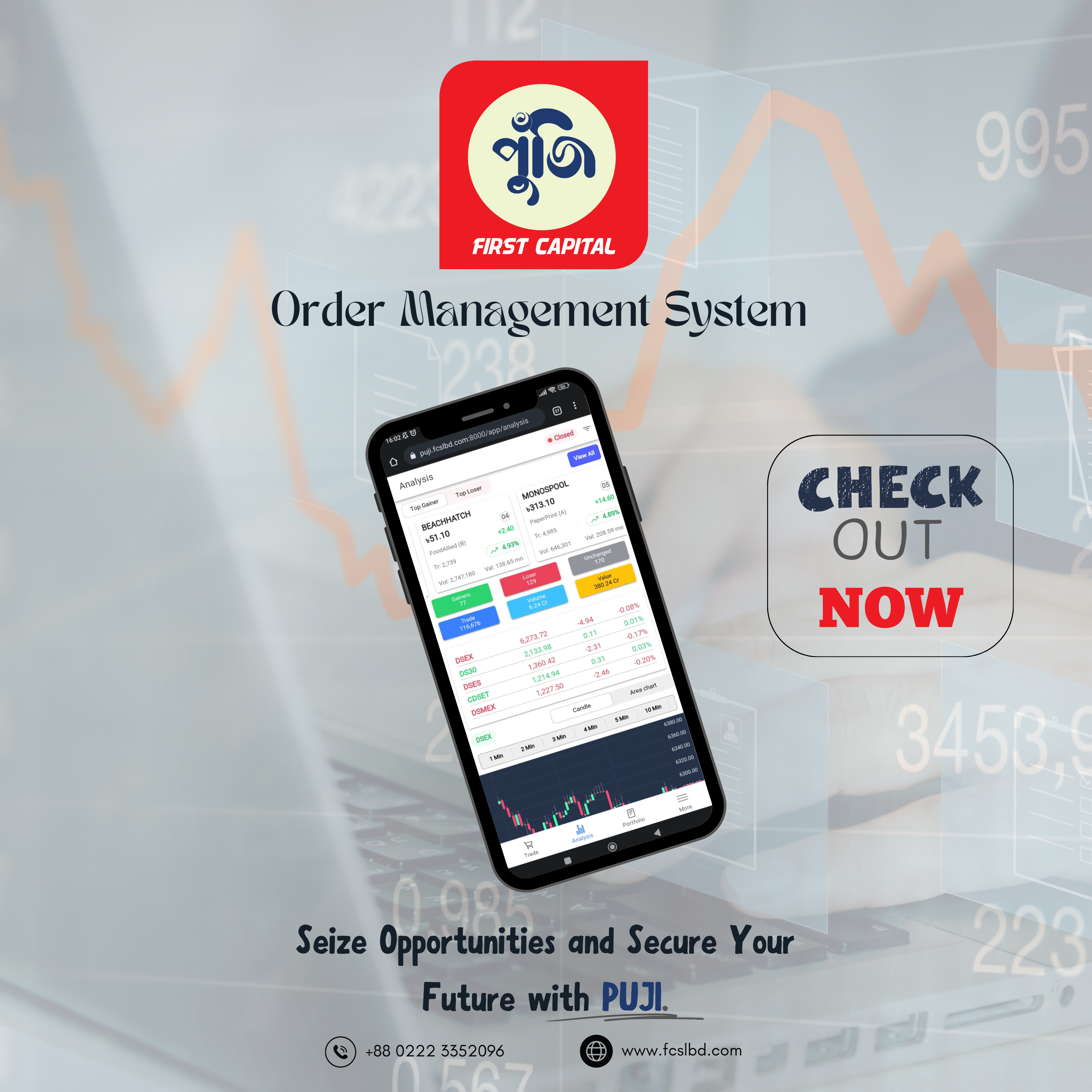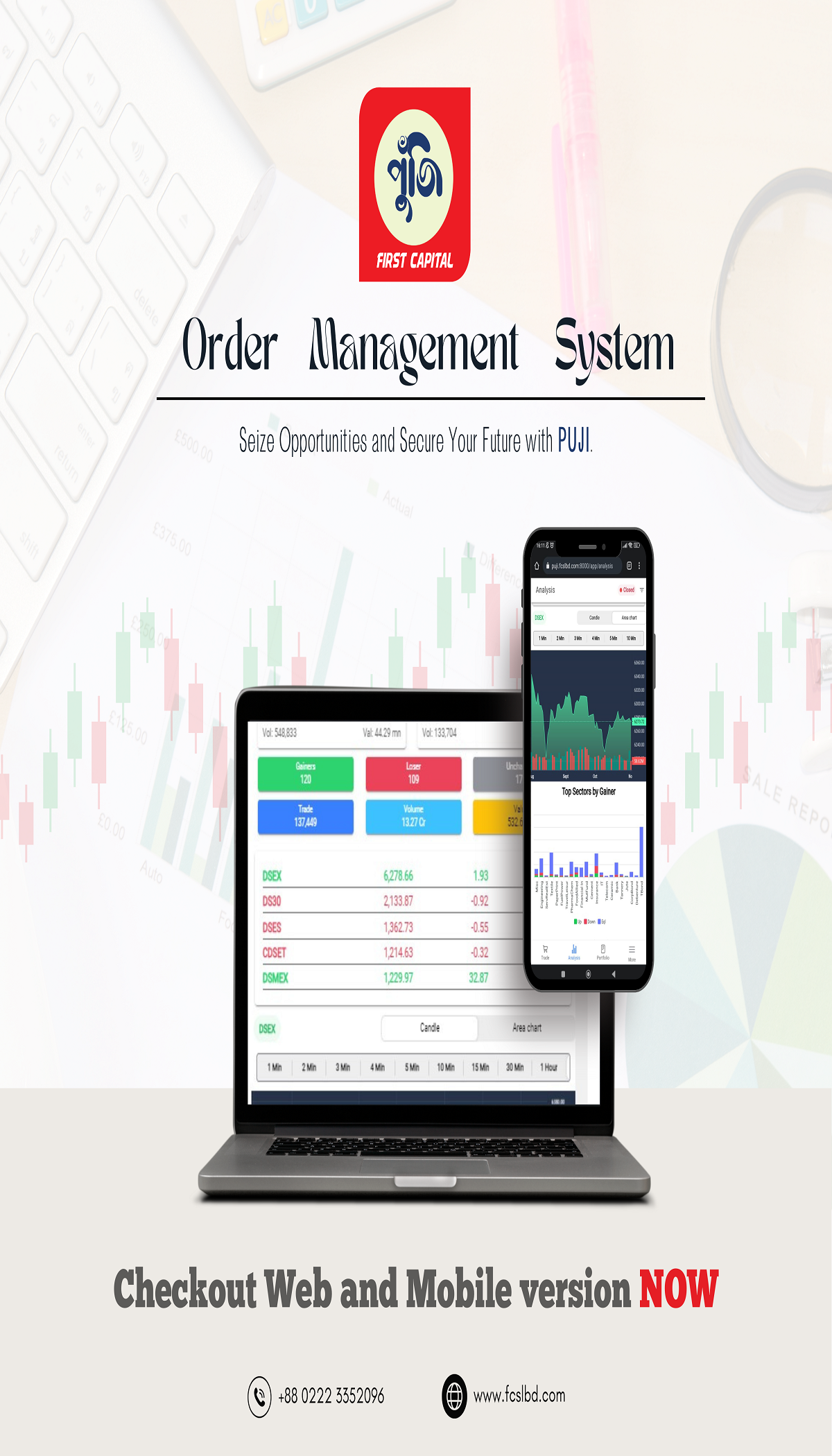Bank documents reveal that the business group holds nearly Tk3,000 crore in loans within the banking industry, with over 50% of this amount owed to Southeast alone
One such borrower, Keya Group, gained popularity across rural Bangladesh with its soaps, but the success story soured when its garment venture flopped, leaving dozens of banks holding the bag for massive loans.
Private commercial Southeast Bank, which generously extended finance to the group even by violating banking rules, is the hardest hit. The bank is now in significant trouble with its largest client, holding loans worth Tk1,554 crore, documents seen by TBS show.
The borrower, Keya Group, has been non-servicing the instalments since last year due to the closure of its export business operations, putting the lender at risk of capital erosion.
While other lenders ceased financing and reported the group as a defaulter to the Credit Information Bureau (CIB), Southeast kept the client “unclassified” to avoid a significant impact on its balance sheet, according to bank documents.
Bank documents reveal that the business group holds nearly Tk3,000 crore in loans within the banking industry, with over 50% of this amount owed to Southeast alone.
Despite being aware of the group’s declining business, the management and board of Southeast Bank continued to extend financing over the past decade since 2010, even after exceeding the single borrower exposure limit and despite the group’s poor credit information with other banks.
In its recent inquiry, the Anti-Corruption Commission (ACC) uncovered two major violations of the Bank Company Act committed by Southeast Bank.
One breach involved the bank surpassing the single-borrower exposure limit by continuing to extend loan facilities. Additionally, despite the borrower’s failure to service their debts, the bank neglected to report this information to the CIB.
When questioned by the ACC about the two major violations, the bank’s management justified their actions by stating that halting loan servicing could jeopardise the recovery of substantial loans.
According to their response, the bank further justified its decision to continue extending financing despite exceeding the single borrower exposure limit, citing a strong commitment from the client to reduce their loans to within the limit.
The bank documents submitted to the ACC and reviewed by TBS show that despite Southeast Bank’s Gulshan branch recommending that the client be classified as a defaulter and reported to the CIB, the top management changed the reporting status to keep the client’s account as unclassified.
Following head office instructions, the branch extended loan facilities despite adverse credit reports from 2019 to 2022. All extended facilities were approved by the board in December 2022.
Despite the borrower rescheduling its loan account regularly since 2012 and declaring a financial loss of Tk1300 crore in 2013 and 2014, the bank did not take any precautionary measures to safeguard its funds.
Moreover, when the client repeatedly failed to pay instalments, the bank extended BMRE (Balancing, Modernisation, Rehabilitation, and Expansion) loans totalling Tk154.48 crore in 2016 in anticipation of the client’s business turnaround. However, the client did not meet expectations and continued to default on loan repayments.
Over the past 13 years since the client incurred business losses in 2010, the bank extended over Tk 1,100 crore in loan facilities but struggled to recover funds, posing risks to depositors’ money.
However, the Bangladesh Financial Intelligence Unit (BFIU) suspects a conflict of interest involving a director of the bank who facilitated the extension of loan services despite knowing the default risks. This suspicion arises because the Keya Group was obtaining loan insurance from Asia Insurance Ltd, where the same director serves on the board.
On 23 April, the BFIU sent a letter to the managing director of Southeast Bank requesting all pay orders issued by the bank to Asia Insurance.
When customers obtain business loans from a bank, they are required to purchase insurance coverage, from which insurance companies earn commissions, ultimately benefiting the directors of those insurance companies through increased business opportunities.
Bay Leasing & Investment Ltd holds directorship positions at both Southeast Bank and Asia Insurance. This merchant bank was founded by another influential director who continues to serve on the board of Southeast Bank, as stated on the websites of both companies.
The BFIU issued the letter while investigating irregularities in Keya Group loans granted by Southeast Bank’s Gulshan branch.
While questioning the former branch manager of the Gulshan branch and other officials, the ACC discovered that despite the Keya Group ceasing business with Southeast Bank since June 2023, the bank did not classify the loan in the Credit Information Bureau (CIB).
In the bank’s annual report for 2023, the Keya Group was listed as unclassified.
The bank showed its net profit of Tk209 crore in 2023 despite having a provision shortfall of Tk330 crore against default loans of Tk 2,300 crore.
Loan provisions are accounting measures banks and financial institutions use to account for potential losses from loans that may not be repaid. These provisions are set aside as a reserve against loans that may default or become non-performing.
Provision is maintained from operating profit before final calculation of net profit. If the provision deficit had been maintained, the Southeast bank would have no net profit.
Moreover, if Keya Group’s loans of Tk1,554 crore were classified, the bank would experience a capital deficit even after adjusting collateral of nearly Tk300 crore of the borrower.
However, the bank hid the classified status to avoid the shock to its balance sheet and paid a 6% cash dividend to its directors and shareholders for the previous year, risking depositor’s funds.
In its stress test assessment disclosed in the quarterly financial stability report for September 2023, the Bangladesh Bank revealed that if the top three borrowers of each bank were to default, a total of 29 banks would fall short of meeting the minimum required Capital to Risk-Weighted Asset Ratio (CRAR).
The report further stated that 10 out of 61 scheduled banks already struggled to maintain the minimum regulatory requirement of a 10% CRAR by the end of September 2023. If the top three borrowers of the rest of the banks also defaulted, 19 more banks would face the same challenges.
Though the Southeast Bank continued to keep the client Keya Group unclassified, other banks already moved to take action to recover loans.
For instance, the Sonali Bank in February last year filed a case with the money loan court against Keya Cosmetics Ltd and its directors for the recovery of defaulted loans amounting to over Tk20 crore.
Earlier in April 2021, the Pubali Bank published an advertisement inviting tenders for the planned auction of nearly 850 decimals of land at Keya Group’s factory complex, along with the factory infrastructure, and also the mortgaged luxury apartment complex owned by the sponsor-directors in the capital’s Gulshan area.
How Keya’s loan concentration put depositors at risk
In 2010, Keya Group faced a significant financial crisis when its largest customer, Hanes, an American multinational clothing company, cancelled orders worth $60 million, out of which $21.6 million was owed to the Southeast Bank.
This cancellation severely weakened both the knit and spinning divisions of the group, resulting in forced loans totalling Tk161.33 crore from Southeast Bank. At that time, Keya Group’s total loans with Southeast Bank amounted to Tk325 crore.
It marked the onset of the group’s fall as it restructured its entire Tk252 crore non-funded loans, including the forced amount, into long-term loans with the bank in 2012.
Later in 2015, Keya Group and 10 other business entities underwent loan restructuring through a special package offered by the Bangladesh Bank, requiring only a 2% down payment instead of the usual 10-50%.
The restructuring was provided at a 9% interest rate with a 10-year repayment schedule that included a one-year grace period.
The condition of availing the facility is that banks will withdraw the facilities if the clients do not pay their instalments regularly after the grace period is over.
In the case of monthly instalments, if the client fails to pay up for six months straight, the facilities will be taken back. Banks were instructed to allow the restructuring based on the client’s future cash flow analysis.
Banks were also instructed to keep such clients under special monitoring.
The Southeast Bank allowed special restructuring despite knowing Keya Group’s financial loss of Tk1300 crore incurred in the years 2013 and 2014.
Since the restructuring, the Keya Group has been under special monitoring of the head office of Southeast Bank and every move facility given to the client was known to the management and board.
Moreover, as a large client, management and board were aware of every development of the group.
Despite availing of the special loan restricting facility, Key Group could not continue servicing instalments, bank document shows.
When the client was already non-servicing in instalments, the bank granted BMRE (Balancing, Modernisation, Rehabilitation and Expansion) loans of Tk154.48 crore to expand the group’s business and enhance operational efficiency.
However, the client again discontinued its debt servicing in 2019 when its loans were already exceeding the single-borrower exposure limit.
As of December 2019, the total outstanding of the client was Tk624.83 crore while the single-borrower limit was Tk607.40 crore, according to the bank document.
The Keya Group which had business with the bank since the year 2004 also exceeded the single borrower exposure limit in the year 2007.
Despite non-servicing instalments, the client was allowed to take loans of Tk25.33 crore in the year 2020 under the incentive package of Tk5000 crore offered by the government for export-oriented businesses during the pandemic.
This is how the management and the board of the bank continued financing a weak client putting depositors’ money at risk.
Keya declared stock dividends despite loss
During the years 2013 and 2014, while the Keya Group reported financial losses to the bank, its affiliate Key Cosmetics, listed on the Dhaka Stock Exchange (DSE), continued to declare stock dividends exceeding 10%.
The company incurred a loss of Tk1,296 crore in the year 2019 reported on the DSE website. However, the company declared a cash dividend in the year 2020 raising questions about its financials.
The share price of the company remained below the face value of Tk 10 in the last one year.
Meanwhile, the Bangladesh Securities and Exchange Commission (BSEC) in May last year set up a four-member inquiry panel to review the financial statements of Keya Cosmetics for the last five years, as the stock market regulator suspects mismatches in the accounts that misled investors.
The commission is concerned about the business of the company and suspects that it might not have maintained its financials properly.
The inquiry team will also examine the amalgamation scheme through which Keya Cosmetics Limited acquired the assets, liabilities, and equities of Keya Spinning Mills, Keya Cotton, and Keya Knit Composite Limited.
Source: tbsnews



 Keep updated, follow The Business Standard’s Google news channel
Keep updated, follow The Business Standard’s Google news channel
